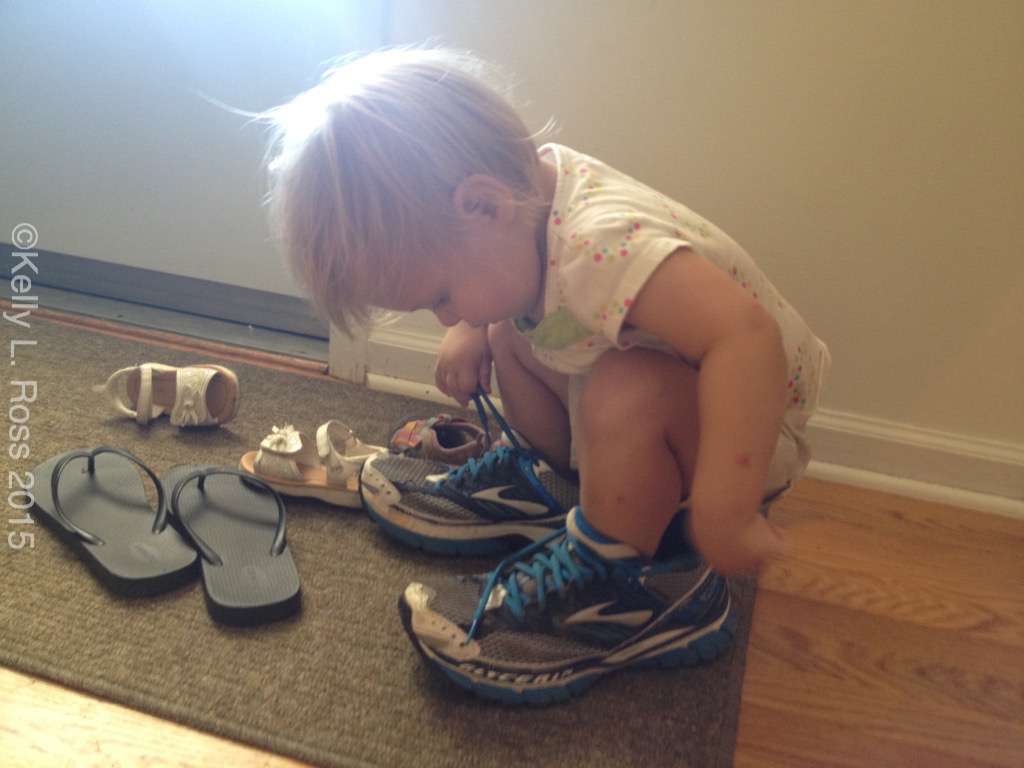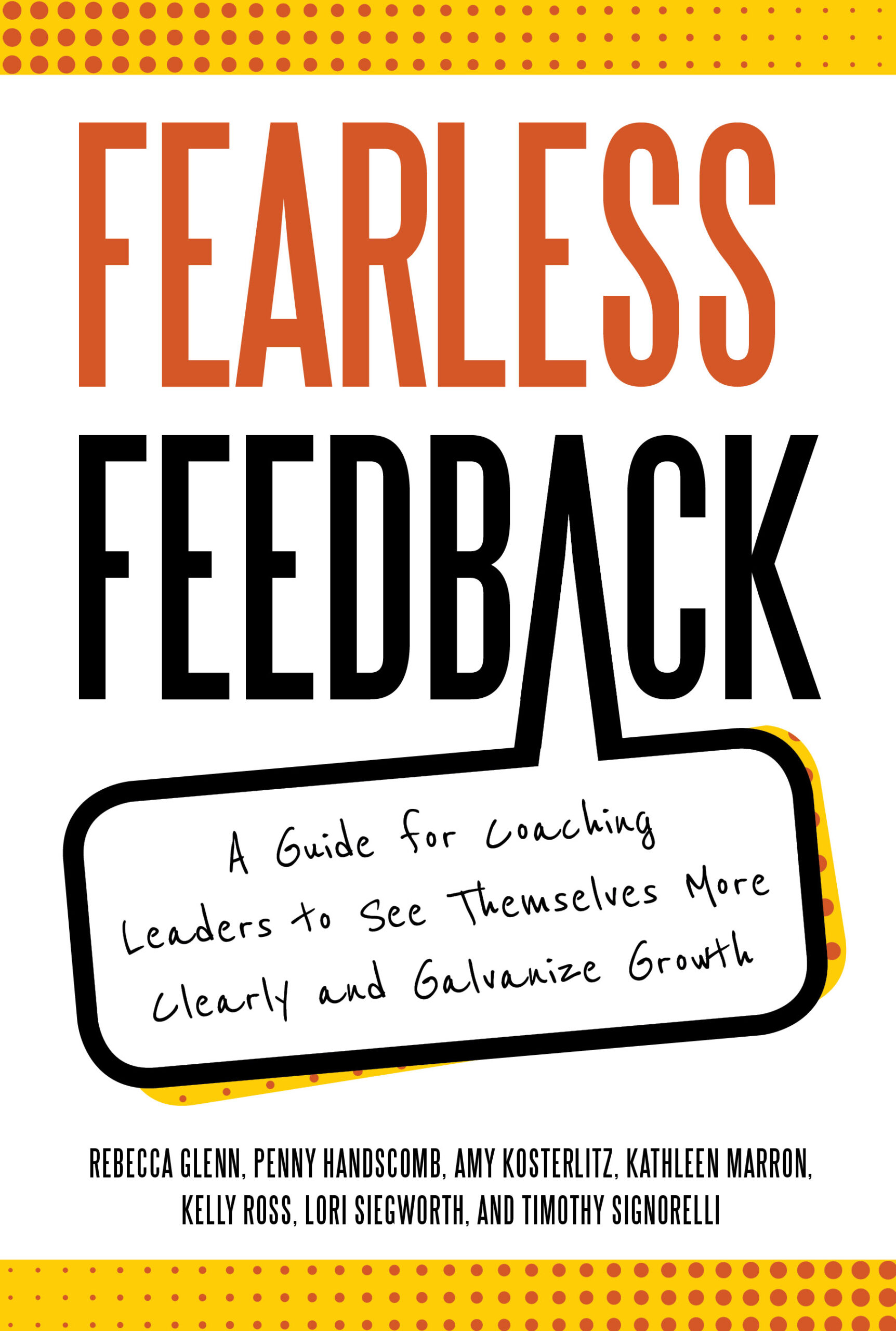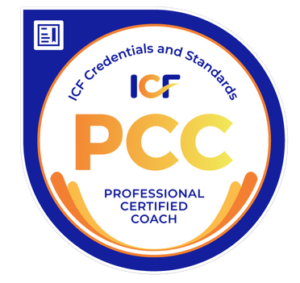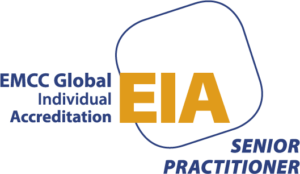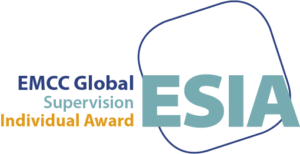Bob* is a construction supervisor. His organization selected him to be part of a leadership development program that includes leadership coaching. Bob selected me to be his coach after our fit conversation, an initial conversation to get to know one another a bit and talk about what coaching is and is not and how we would potentially work together. I asked Bob what was important to him in a coach, an understandably difficult question given that he was new to coaching. I told him I see coaching as a partnership where he brings the agenda and I manage the process. I ask good questions and help him think through situations he brings to the table. We talked about how he best learns, how he likes to receive feedback, and what support he needs for his leadership development program.
Does a Coach Need to Have Experience in the Client’s Area of Expertise?
One of the great questions Bob asked me during our fit conversation was about my experience in construction, the field he works in. I don’t have any. It can be important to the coaching client to work with a coach that has walked in his shoes. My take, as I told Bob, is that I am not coaching him about how he does his construction job, as he is already excellent at that. Coaching Bob is about his leadership, and that is something I know. I encouraged Bob to consider what he wanted in a coach and his coaching goals. It is important to pick a coach he feels is a good fit for him and his goals.
What is Leadership Coaching?
Coaching has many meanings. Part of my job as a leadership and executive coach is to help my clients understand what coaching is and what it is not. Coaching at the construction company where Bob works is a relatively new concept, and when Bob is asked to coach subcontractors it involves managing the overall project timeline and teaching skills. This is different from the way Bob and I define coaching in our leadership coaching engagement. The coaching I do with Bob is about helping him create the space to think through whatever is on his mind. I think of myself as a thought partner, someone without an agenda or bias for what should happen in the situation. As a leadership coach I ask questions, not the ones that lead him to my point of view, rather open questions that help my client figure out the situation he has brought to our conversation. I paraphrase back what I am hearing so the client can hear what he is saying. I look for patterns to examine, and listen between the lines, as sometimes what was not said is as interesting as what was.
Questions to Consider When Hiring a Coach
If you are considering working with a leadership coach, I recommend asking yourself these questions as you consider who the right coach for you is:
- Is it important for your coach to have similar work or life experiences as you?
- How do you like to receive feedback and be held accountable?
- Do you want to work in-person or virtually (phone or Skype)?
Find more suggested questions.
* Name changed
